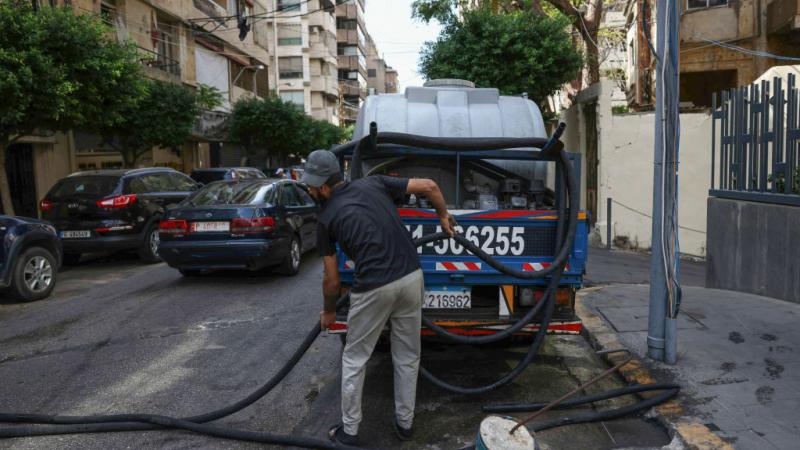Lebanon Faces Unprecedented Water Crisis Threatening Water and Food Security

Lebanon is experiencing an unprecedented drought this summer, with a sharp decline in precipitation rates and record high temperatures. Data from the Beirut and Mount Lebanon Water Establishment revealed a decrease in rainfall and snowfall this year by more than 30% compared to annual averages, leading to a noticeable drop in groundwater levels and river flows.
Lebanese people are struggling with multiple water supply sources, being forced to pay bills to the official water establishment that is facing coverage deficits, in addition to the costs of bottled drinking water due to the deterioration of the quality of water transported through networks, not to mention the high expenses of water tanks that have become the main source of domestic water supply.
Water tank owners are complaining about a surge in demand recently, leading to a transport cost increase of more than 60% in just one year, while many areas suffer from water scarcity and well dryness.
In a related context, World Bank reports have shown that about 50% of water resources in Lebanon are wasted due to the deteriorating condition of the crumbling distribution networks. This significant waste is attributed to the absence of national plans to repair infrastructure or adopt sustainable policies for water resource management.
The repercussions of the crisis are extending to the agricultural sector, where crops are suffering from a severe shortage of irrigation water, while the looming danger of worsening drought is on the horizon. These indicators signal a direct threat to food and water security in the country, in the absence of any practical measures to address these existential challenges.